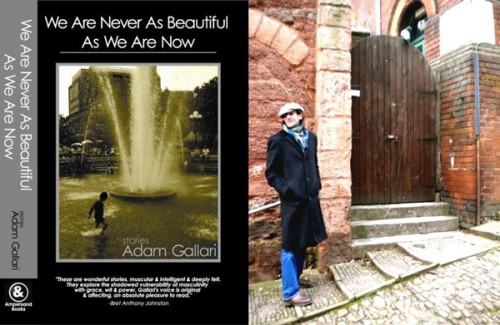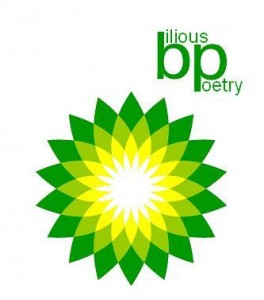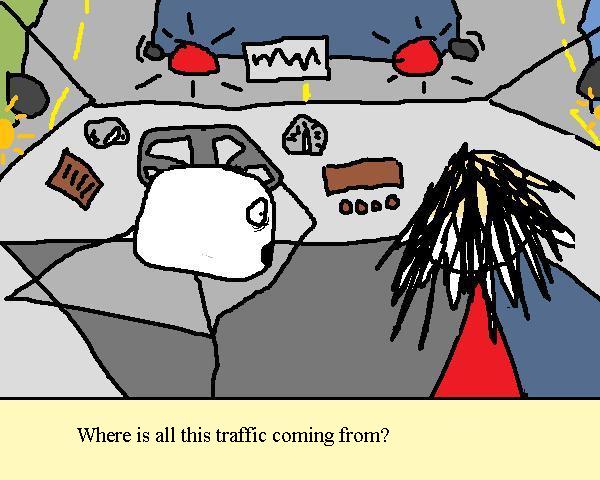The Most Energy
This means starting with a very simple definition of the avant-garde. I stole it from Fairfield Porter, the great midcentury painter and critic, who said the avant-garde was always just the people with the most energy.
…
The scene seemed wild, but there were simple rules all along. You were given a white room in a Big Art City for a month. You had to do something in that room to generate attention beyond that month. You had to be written about, bought, or at least widely discussed. Then you would get to have the white room again for another month, and so on. If you did this enough, you had what was called a career. This generated what is perhaps this century’s biggest art movement: careerism.
…
A practical avant-garde is post-careerist. It seeks out low rent and private time, and it concentrates on powerful objects.
…
All of this means that the practical avant-garde has a lot of work to do. It knows that manifesto is the weakest genre and that promises are irrelevant, so it will use words but not hide behind them.
Muthafucka 2
120 pages. 100 copies. $10. Poems by Alice Notley, Dot Devota, Phil Cordelli, Norma Cole, Quinn Latimer, Matthew Klane, Hoa Nguyen, Lucas Farrell, Lisa Lightsey, Lewis Warsh, Ron Horning, Caitie Moore, Thom Donovan, Trey Sager, Brenda Iijima, Youna Kwak, Karena Youtz and Etel Adnan. Translations of Angel Escobar (by Kristin Dykstra), Mohammed Khair-Eddine (by Pierre Joris), Kazuko Shiraishi (by Tomoyuki Endo and Forrest Gander), Michel Deguy (by Wilson Baldridge) and Amelia Rosselli (by Vanja Skoric Dewan and Deborah Woodard). A drum score by John Niekrasz. Collages by Sarah Lariviere. A two-channel installation by Anthony Hawley. Cover art by Sam King. Edited by Mitch Taylor. Side-stapled with two-layer transparency/cardstock cover. Available here.
May 22nd, 2010 / 12:27 pm
Friday “Inane Music Videos”: 206
httpv://www.youtube.com/watch?v=_6LB0MQI4V4
Love Battery is my favorite Seattle band.
No, Mash Hall is my favorite Seattle band.
httpv://www.youtube.com/watch?v=MW99Y6VenQk&feature=related
No, Bill Horist is my favorite Seattle band.
***
Meet Adam Gallari

Adam Gallari is an American ex-pat currently working on a novel and pursuing a PhD at the University of Exeter. His essays and fiction have appeared in or are forthcoming from numerous outlets, including The Quarterly Conversation, Fifth Wednesday Journal, therumpus.net, TheMillions.com, anderbo.com and The MacGuffin. I recently read his muted but elegant debut short story collection, We Are Never As Beautiful We Are Now, and talked with Adam about his writing, living and studying abroad, baseball and much much more. Meet Adam Gallari.
You’re pursuing your Ph.D. in England. What compelled you to head across the Atlantic to continue your higher education? What are you studying? What’s Exeter like? Have you adopted a British accent? Is the writer’s life different in England?
For as long as I can remember, I’ve been in love with European culture and history and literature. There’s so much to explore in it, and there’s a great weight that informs it. I’ve always wanted to find a way to live either on the continent or the British Isles for a protracted period of time to be able to immerse myself in everything, and after I returned to American from Germany to get my masters I figured the first chance I had to go back there I would. A PhD seemed like the next logical step for me as far as my “career” was concerned, so I tried to combine the two and so far it’s managed to work out.
As far as the PhD, I’m pursuing it in English and currently trying to narrow down my dissertation, but at the moment it’s tending towards an exploration of the works of the Norwegian Novelist Per Petterson in the greater context of American work. His protagonists many to be both existentialist and realist at the same time; I’d compare it to Hemingway’s Jake Barnes, but I think that ultimately that’s too much of a simplification of the whole thing.
Call for Subs?
 If a 167,000 pound box couldn’t stop the hemorrhage, what can? A poem to ease the flow:
If a 167,000 pound box couldn’t stop the hemorrhage, what can? A poem to ease the flow:
Poets for Living Waters is a poetry action in response to the Gulf Oil Disaster of April 20, 2010, one of the most profound man-made ecological catastrophes in history. Former US poet laureate Robert Pinsky describes the popularity of poetry after 9/11 as a turn away from the disaster’s overwhelming enormity to a more manageable individual scale. As we confront the magnitude of this recent tragedy, such a return may well aid us.
The first law of ecology states that everything is connected to everything else. An appreciation of this systemic connectivity suggests a wide range of poetry will offer a meaningful response to the current crisis, including work that harkens back to Hurricane Katrina and the ongoing regional effects.
This online periodical is the first in a planned series of actions.
Further actions will include a print anthology and a public reading in Washington DC.
If you would like to submit work for consideration, please send 1-3 poems, a short bio, and credits for any previously published submissions to: poetsforlivingwaters@yahoo.com
Editors: Amy King & Heidi Lynn Staples
May 21st, 2010 / 2:00 pm
Reality Hunger: A conversation

I enjoyed Reality Hunger. Blake, not so much. We had an email conversation about it. Here it is.
M: So, I gave you my galley of Reality Hunger, and saw this on your Twitter feed: “fairly underwhelmed by ‘reality hunger’ — what’s so innovative about making a list of things praising innovation?” I’m not sure that’s what I thought I was reading, though—a list of praise for innovation. I think I read an argument for the synthesizing of creative disciplines. Nonfiction and fiction, say, ingesting one another—two snakes swallowing one another whole, beginning at one another’s tail. And the thesis, antithesis, synthesis structure feels less linear to me than the word “list” implies.
B: You’re correct, it’s not quite just a list of praise for innovation–though quite a bit of the book repeats something along those lines of the ingesting as you mention, and does it again, again, again. And it’s certainly not untrue: fiction, or any writing, must continually evolve, for fear of that same pattern of repetition, or at the very least no longer being interesting, or “relevant,” which I think was Mr. Shields’s major point. People get bored. Times change. Sure. My problem with the book, though, is that, well, OF COURSE. Of course things will keep changing, and of course there will be those who feign against it, making more of the same, and that in the end leads to the demise of the interest, and the morph continues etc. These are things we know.
READ MORE >
May 21st, 2010 / 1:18 pm
On Dennis Cooper’s blog, there’s a really great collection of videos and quotes about “hypnagogic pop.”


